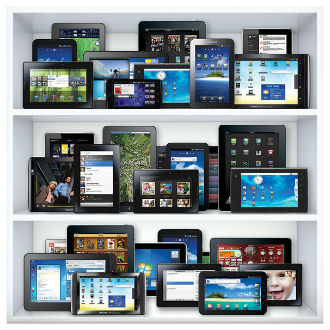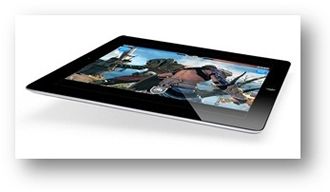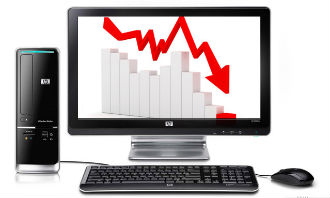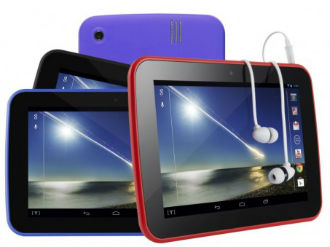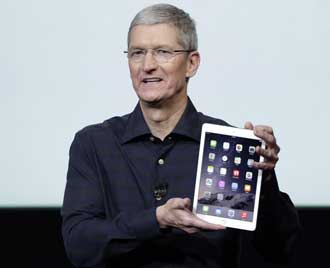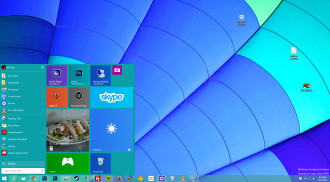 By 2018
By 2018, tablet sales will reach 540 million units, despite 2014 being a quiet year for the sector.
CCS Insight introduced its annual look at the marketplace and bullishly predicts the market will grow 28 percent this year to reach 283 million units.
While people in established markets will look to upgrade their existing systems, emerging markets will play an increasing role in buying units.
CCS expects that Android will retain its position as the operating system of choice in tablet sales. But it also expects Windows to increase share over the next two years.
That’s down to Microsoft spending more on marketing, establishing Surface as a brand, and bundling hardware with its software.
Marina Koytcheva, Director of Forecasting at CCS Insight said: “We expect Android to continue dominating the low end and midrange market, with Apple taking the lion’s share at the high end. But Windows is gaining a bigger slice of the pie, albeit from a very low level, and should not be overlooked.”
She said that the Microsoft move to scrap charging for licences for Windows devices under nine inches will help Microsoft.
She said that move has encouraged vendors to launch better devices at lower prices.
She warned that Microsoft’s next operating system, Windows 10, will “take time to make its mark”. It will have little impact on sales before the end of 2016.
Enterprises will help Apple, specifically the deal it forged with IBM late last year.
 Microsoft has spent $200 million on an Israeli firm that makes digital pens and semiconductors for touch screens.
Microsoft has spent $200 million on an Israeli firm that makes digital pens and semiconductors for touch screens.

